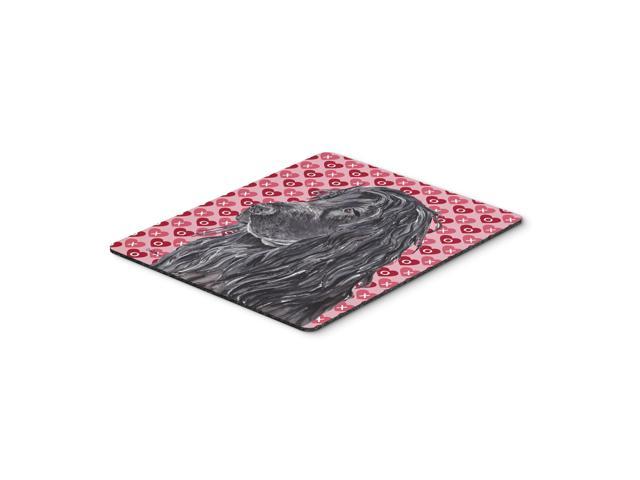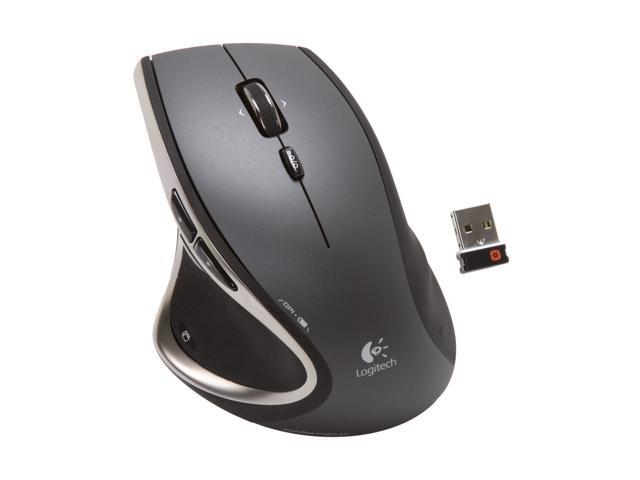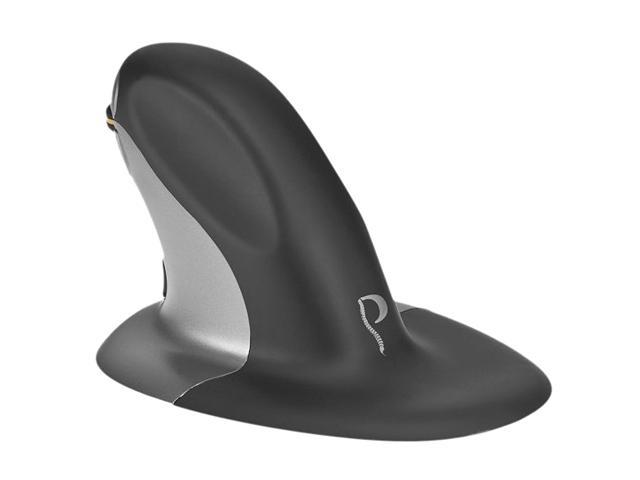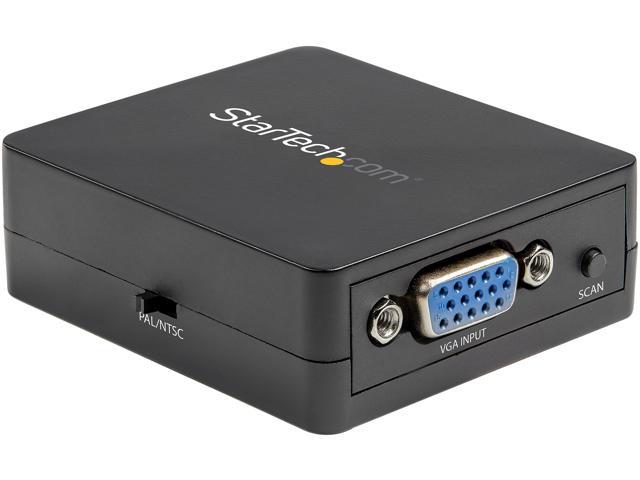Pathology of the Developing Mouse provides, in so far as feasible, one complete reference on the design, analysis, and interpretation of abnormal findings that may be detected in developing mice before and shortly after birth. In particular, this book is designed specifically to be not only a "how to do" manual for developmental pathology experimentation in mice but, more importantly, a "how to interpret" resource for pathologists and other biomedical scientists faced for the first or hundredth time with defining the significance of distorted features in some fantastic murine developmental monstrosity.
The topics covered in this volume include a full range of subjects encountered when building and wielding a developmental pathology tool kit:
- baseline anatomic and physiologic traits of developing mice
- principles of good experimental design and statistical analysis for mouse developmental pathology studies
- procedures for anatomic pathology examinations, to evaluate structural changes at the macroscopic (gross), microscopic (cells and tissues), and ultrastructural (subcellular) levels, suing conventional autopsy-based or novel non-invasive imaging techniques;
- methods for clinical pathology testing, to assess the biochemical and cellular composition of tissues and fluids;
- options and protocols forin situmolecular pathology analysis, to undertake site-specific explorations of the various mechanisms responsible for producing adverse findings (i.e., "lesions") during development; and
- well-referenced and illustrated guides to the interpretation of anatomic pathology and clinical pathology changes in the animal (embryos, fetuses, neonates, and juveniles) and its support system (placenta).















